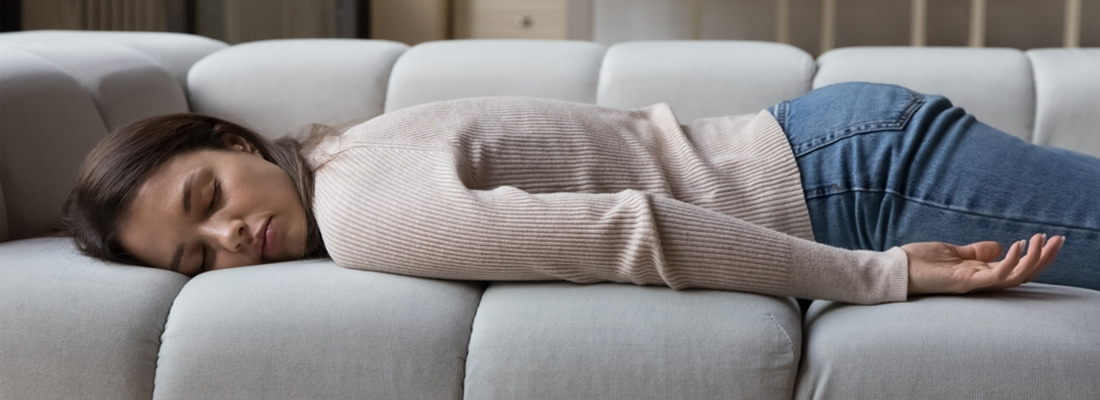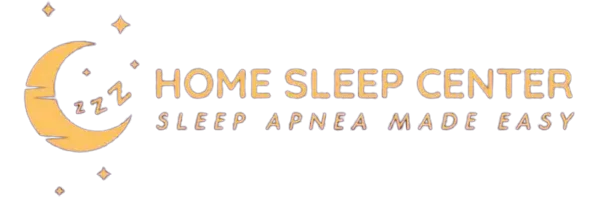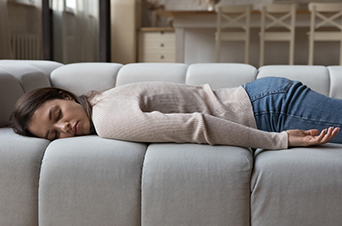
Quite bewildering yet distinguishing—yes, the two terminologies refer to two different sleep conditions. It’s difficult to distinguish between the two without an expert’s help and guidance. Nonetheless, a few symptoms, causes and treatments could give you a picture of what exactly are we talking about.
Starting from the Basic
Narcolepsy is a neurological disorder that impacts the day activities causing unexpected sleepiness during the day. Hypersomnia is somewhat comparable to narcolepsy, but it refers to extensive daytime sleeping. Excessive sleepiness is a common symptom between these disorders. However, you cannot term them the same.
Narcolepsy is a defined disorder whereas hypersomnia could be explained as a prolonged narcolepsy. In other words, you may get episodes or bout of sleep during the day in narcolepsy. While in hypersomnia you would find it difficult to wake up during the day and may go through continuous long sleeps. Moreover, you may feel irritated, exasperated, having memory and concentration issues.
Narcolepsy vs Hypersomnia—The Difference
To make it simpler for a layman’s understanding, narcolepsy is a disorder whereas hypersomnia is a symptom. Narcolepsy involves attacks of sudden sleep accompanied with other symptoms such as cataplexy, hallucinations, loss of muscle tone. Hypersomnia incorporates consistent sleepiness without abrupt sleep attacks or other symptoms.
Hypersomnia is the excessive daytime sleepiness and narcolepsy is the potential cause of it. The exact cause of hypersomnia is still not clear. While narcolepsy is apparently the result of the absence of a chemical hypocretin. Hypocretin keeps the wake-cycle regular in the brain.
Many can confuse narcolepsy and hypersomnia. Narcolepsy with cataplexy can often lead to toned muscles whereas there is no such thing in hypersomnia. Furthermore, hypersomnia is mostly the result of disturbed and restless sleep. On the other hand, narcolepsy has nothing to do with interrupted sleep pattern.
This might lead to a question whether narcolepsy is a disability? Well, precisely it is not deemed as one, yet the serious repercussions may require your attention. The strong influence exerted by narcolepsy on an individual’s body is significant.
Narcolepsy vs Hypersomnia—The Symptoms
When it comes to narcolepsy the naps are usually short but refreshing. While suffering from hypersomnia you may have non-restorative naps. Narcolepsy will cause hallucinations; you might hear or see things that aren’t there. In hypersomnia, there aren’t any hallucinations.
Another quite distinguished symptom of narcolepsy is cataplexy—you may suffer from temporary and sudden muscle weakness. The narcolepsy disorder may also cause rapid eye movement during the night sleep, quite opposite to hypersomnia. Included in the symptoms of narcolepsy is sleep paralysis. There is one symptom common—the brain fog. It is when you feel sluggish and mentally drained. Maybe forgetfulness could make its space too.
Narcolepsy vs Hypersomnia—Causes
It’s acute to understand the causes of both narcolepsy and hypersomnia. The underlying cause may get you to a point where it can be treated or reversed.
Hypersomnia may be caused due to certain medical conditions as well as medications treating them. If continuous sleepiness occurs for three months and more, the individual may be diagnosed with hypersomnia.
Parkinson’s Disease
Patients with this neurological disorder may suffer from excessive sleepiness unrelated to medications.
Inherited Or Transferred Genetically
Multiple genetic disorders may lead to extensive sleepiness during the day hours.
Prolonged Obstructive Sleep Apnea
Obstructive sleep apnea is a sleep disorder that causes a person to fall asleep during the day. If this continues even after getting it treated, it may be diagnosed as hypersomnia.
Encephalopathy
It a liver dysfunction that affects the brain causing excessive sleepiness and hybernating hours during the day.
Traumatic Injuries
Certain brain injuries may also lead to drowsiness, brain numbness, sleepiness boosting symptoms of hypersomnia. Probably because of the harm to the part of the brain producing hypocretin.
Analogous to specific medical conditions, hypersomnia may also be the result of some medications taken for the treatment. This may include sedating medications such as sleeping pills, pain relieving pills, allergic medications & antidepressants. Moreover, excessive intake of alcohol, and other drugs may cause hypersomnia too. In fact, in some cases abrupt change to the prevailing habits, like quitting alcohol or even caffeine may lead to hypersomnia.
Brief answer to narcolepsy vs hypersomnia causes;
The exact cause of narcolepsy is unknown. However, it is deemed that it could be the consequence of a lack of hypocretin in the brain. Furthermore, genetics also play a vital role in causing narcolepsy in some cases. Perhaps, this certainly doesn’t signify the chances of a parent inheriting it to the child. May be, the chances are as low as 1% to 2% (Mayo clinic, Jan 2023)
According to some research, held for the study of narcolepsy—it may be the subsequent effect of swine flu as well. It may also be linked to N1H1 vaccine is some rare cases. Some experts suggest that due to an autoimmune reaction the body may experience loss of hypocretin levels. Consequently, resulting in narcolepsy or bouts of sleep.
In addition to this, narcolepsy may also be a resultant of psychological stress that has not been taken care of. Hormonal changes such as puberty or menopause can also direct your body to
The causes may variate but to clear the air & grasp the exact hold of the situation, it is recommended to consult an expert. Or you may undergo certain sleep tests as well.
Narcolepsy vs Hypersomnia—The Treatment
There is one thing common for the treatment of narcolepsy and hypersomnia—the lifestyle change. While there is no specific cure for narcolepsy, you can still have your resort in altering your daily habits. Frequent short naps every short interval could help save the day from laziness and inactivity.
Perhaps, what could be better than having scheduled and strict nighttime routine. In severe cases of narcolepsy, you may always consult a certified physician or an expert for the help. Prescribed medicines and techniques may cure the severity to some extent. Some medicine may help in reducing daytime sleepiness and effects of cataplexy.
In case of hypersomnia, habitual alterations like refraining from caffeine and extensive exercise in late hours can prevent it. Needless to say, a well-established sleep routine will obviously assist in better sleep pattern.
Medications could also be taken on the recommendation of experts in combination with a healthy lifestyle. This will promote alertness and reduce laziness during the day.
Another fruitful contribution in the betterment of hypersomnia could be a healthy diet. Research shows that an improved diet incorporating nuts, fruits, unsaturated fats, increased greens, lean meats improve the quality of sleep. You should also consider changing your snack timings to better the quality and span of sleep.
Adopting a daytime work routine, frequent workouts, following a scheduled sleep routine will aid the process.
Bottom Line
It’s great to connect with people in groups having same problem and finding solutions collectively. Also, researching and educating oneself about the causes & apparent treatments can be beneficial too.
Working on your routine and pushing through patient advocacy groups promoting research will help as well! Lastly, it’s never too late to seek help from an expert.

